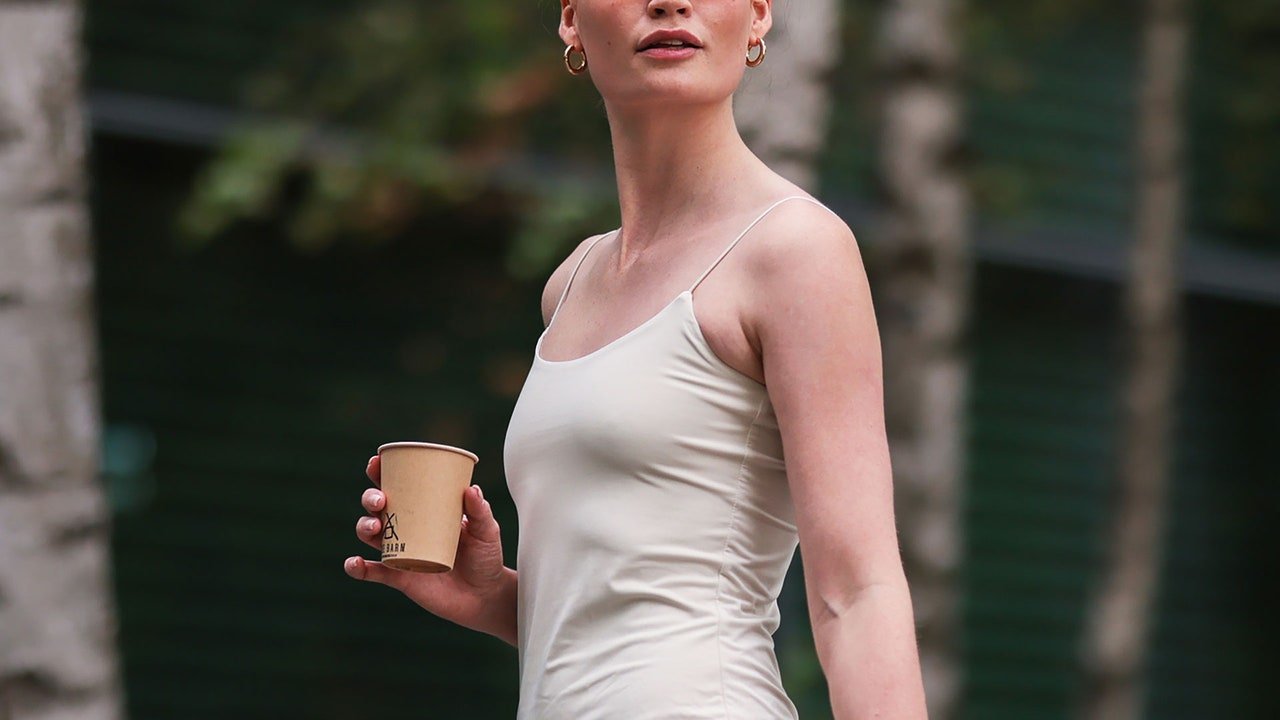Drinking a hot cup of tea or coffee is a morning ritual for most people, and it’s also a convenient time to take your daily vitamin supplement. But it turns out the beverage you choose to drink can have a big impact on how much of the nutrients your body actually absorbs.
Sorry, but your morning cup of coffee may not be ideal. While caffeine gives us the energy we rely on, it can also interfere with the absorption of vitamins and minerals by your body.
Here are six vitamin and mineral supplements you should never take with tea or coffee.
iron
Iron is essential for the production of hemoglobin, the protein in red blood cells that carries oxygen from the lungs to the rest of the body. Iron also plays an important role in energy production, hormone synthesis, strengthening the immune system, and even neurodevelopment.
According to the NHS, women who lose a lot of blood during their period are at higher risk of iron deficiency anaemia and may need supplements. The problem is, “caffeine can inhibit the absorption of iron supplements, and the same goes for iron found in food,” says Rhian Stephenson, nutritional therapist and founder of Artah. “Research has shown that consuming coffee and tea can also inhibit the absorption of iron from food, so this is something to be particularly careful of if you’re anaemia or are pregnant and trying to supplement your iron intake.”
Some studies have found that polyphenols, especially tannins, can have a negative effect on iron supplementation. These plant compounds found in tea and coffee bind with iron during digestion, reducing the amount absorbed by the body. Unfortunately, switching to decaffeinated tea or coffee is not a solution, as the polyphenols remain intact.
This is especially true for non-heme iron, found in plant-based foods like nuts, whole grains, and leafy vegetables, says Liang. “This is because they contain polyphenols that convert non-heme iron into a form that can’t be absorbed,” she points out. “They have less of an effect on heme iron. [animal-based] iron.”
Vitamin D
Scientists have found that Vitamin D affects over 200 genes in the body. Vitamin D is essential for keeping your immune system healthy, regulating sex hormones, and helping your body absorb calcium for strong bones and teeth.
Vitamin D is also important in regulating sleep: “Low vitamin D levels are associated with an increased risk of sleep disorders, including shorter sleep duration, nighttime waking, and delayed onset of sleep,” explains Liang.
“Some studies have shown that caffeine reduces the expression of vitamin D receptors, and that people who consume more caffeine have lower vitamin D levels,” she added.
In particular, a joint study from Creighton University in Nebraska and the University of Miami in Florida found that caffeine reduces the expression of vitamin D receptors on osteoblasts (cells responsible for producing bone in the body).
Vitamin C, Vitamin B, Magnesium, Potassium
There’s very little that Vitamin C can’t do. It helps produce collagen, a protein used to build cartilage, ligaments, skin and blood vessels. It also aids in wound healing and is a powerful antioxidant, preventing DNA damage caused by free radicals.

